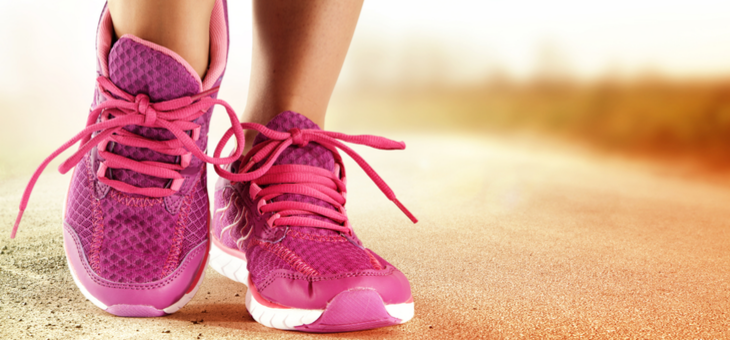There is indisputable evidence that exercise is vital to our health. But new research goes one step further and pinpoints the types of sports that are most effective in combatting the effects of ageing.
These are sports that most people can participate in at some level, and the benefits go far beyond the physical, according to the study.
Researchers tracked close to 9000 people for up to 25 years, noting which physical activity they did and when they died, and incorporated data from the Copenhagen City Heart Study into heart health.
The study, Various Leisure-Time Physical Activities Associated With Widely Divergent Life Expectancies, published in Mayo Clinic Proceedings, evaluated the improvements in life expectancy associated with participation in various sports and found that the most dramatic benefits were experienced by those involved in social sports.
Of all sports tracked, tennis offered the most benefits, ahead of soccer, swimming and cycling, it found.
The sports associated with the biggest increases in life expectancy were tennis (9.7 years), badminton (6.2 years) and soccer (4.7 years).
Sports near the bottom of the list were more likely to be done alone, with jogging (3.2 years) and going to the gym (1.5 years) singled out by researchers.
“It appears that the single most important feature of one’s exercise routine is that it should involve a play-date,” said Dr James O’Keefe, cardiologist at Saint Luke’s Mid America Heart Institute. “Play is Mother Nature’s remedy for stress.
“If we are looking for an exercise to improve longevity, we would do well to get together regularly with at least one other person to do some physical activity that feels like fun.”
He said the study aligned with another breaking research project recently published in The Lancet.
“The Lancet study also found that among the various types of exercise, it was the activities that required two or more people to play together such as team sports (basketball, soccer, etc.) and group activities like racquet sports or golf that were best for improving mental health.”
Study lead author Dr Peter Schnohr said that factors such age, sex, smoking, income and education status had the potential to affect the results, but that those factors had been controlled in the analysis – and the effect persisted.
Professor Cathie Sherrington, a research fellow at the University of Sydney’s Institute for Musculoskeletal Health, takes a different view on the topic, arguing that team sports aren’t the only physical activities that can be social.
“Myself, I’m part of a running group where we have quite large numbers of middle-aged, younger and older people running together,” she told the ABC. “And we do see very large groups of cyclists as well, meeting and riding together and chatting.
“So I do think you can get social connectedness in different sports. It doesn’t just need to be in racquet sports.”
She urged people to stay as active as they could, for as long as possible.
“I think there is a little bit of a perception among some people that it’s more appropriate to slow down. But really, the evidence is that people should be doing exercise [that’s] as intensive as they can manage,” she said.
Do you play a sport? Do you find the social benefits to be as important as the physical? Are you trying to stay as active as possible?
Related articles:
Ageing and your hormones
What if we all had a ‘due date’?
Managing the retirement years

